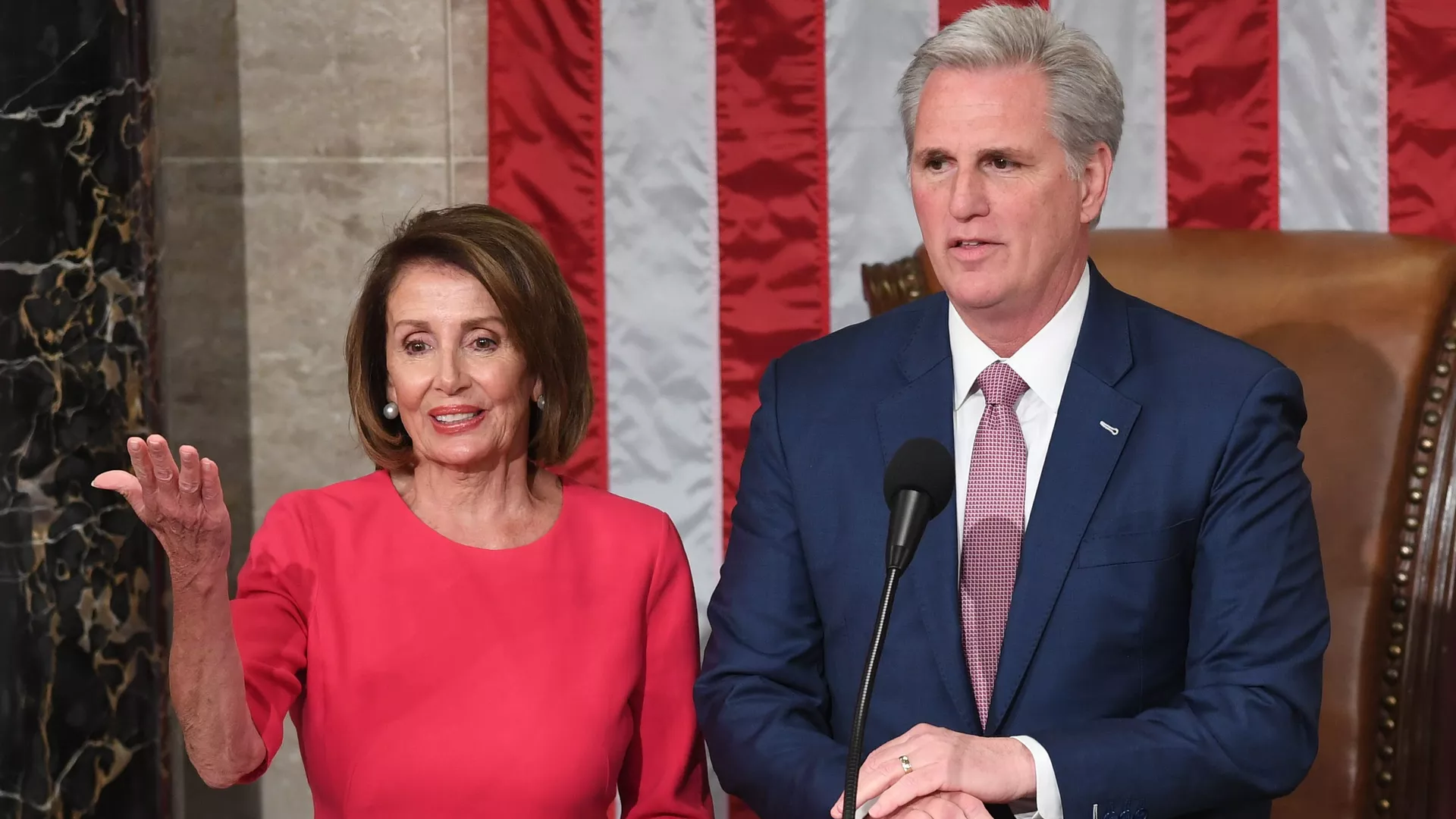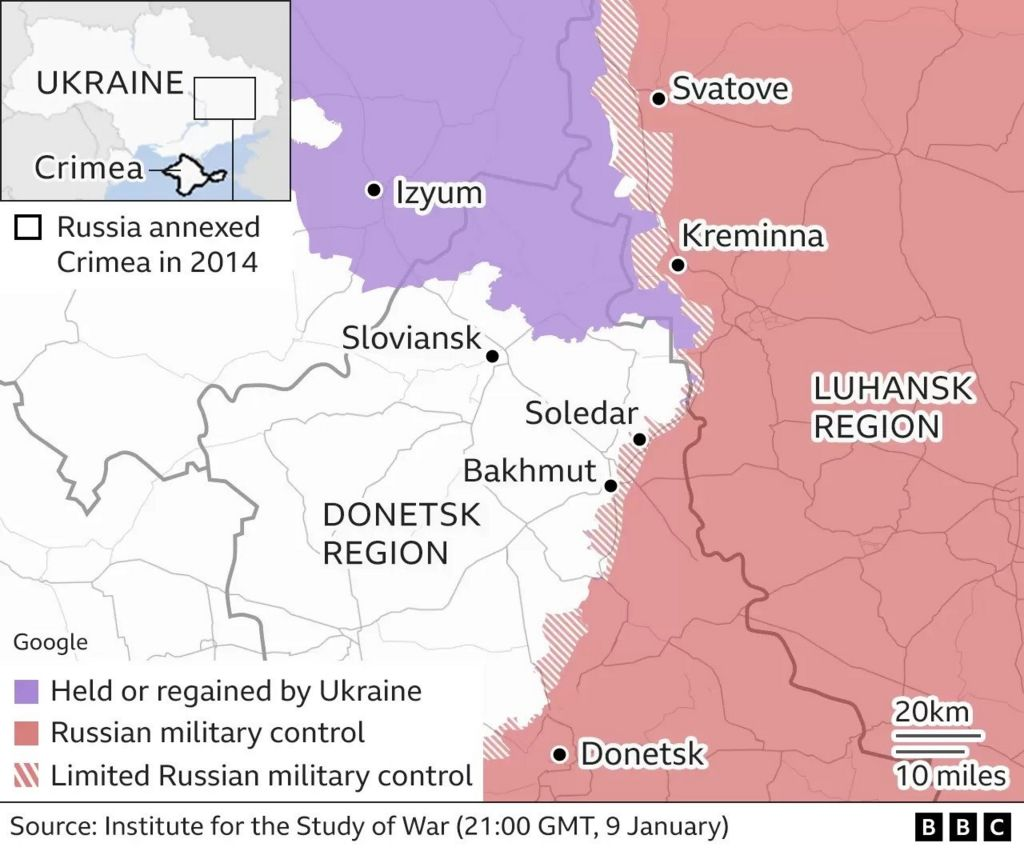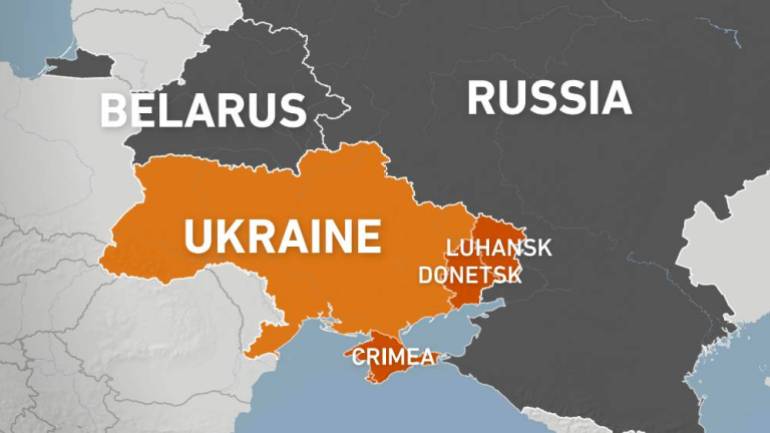Russian anger grows over deadly strike, UK's brexit pain, Japan's rural population is sinking, Will McCarthy replace Pelosi?

Russian anger grows over deadly strike
It's been reported in recent days that there is huge anger in Russia over a Ukrainian attack that killed a large number of Russian troops. The Ukrainian military was able to establish a temporary barracks in Makiivka, located in Donetsk. The troops were reportedly housed alongside an ammunition dump, which was hit by US-made HIMARS launchers. Ukraine claims that this strike killed around 400 Russian troops and left around 300 injured. Russia claims that only 63 troops were killed. Either way, this is a huge loss for Russia and has led to questions being asked internally. Sergey Mironov, a former chairman of the Russian Senate, has demanded criminal liability for those who allowed the concentration of military personnel in an unprotected building. This feeling that the Russian troops died through the negligence of Russian military commanders has been echoed through Russia recently. We don't know yet, though, what will come of this feeling of fury.
UK's brexit pain
Leo Varadkar, the Irish taoiseach (or prime minister), has said that mistakes were made on all sides in the handling of the UK's exit from the European Union. On the subject of the UK's post-brexit trading arrangements, in particular the Northern Ireland protocol, Varadkar admitted that the treaty was perhaps a little too strict. He added that he would be flexible and reasonable when attempting to solve issues relating to the protocol, as a sign that there is room to make changes. The Northern Ireland Protocol has been contentious since it came into force in 2021, as it effectively keeps Northern Ireland aligned with certain EU trade rules, thus requiring checks on goods arriving in Northern Ireland ports from Great Britain. Unionist opposition to the protocol in Northern Ireland has resulted in the Democratic Unionist Party boycotting the nation's political institutions and preventing them from operating. The Irish prime minister said he understands this unionist frustration, as they feel it diminishes Northern Ireland's place in the UK. The EU and the UK are still in negotiations over the protocol.
Japan's rural population is sinking.
It's been announced today that the Japanese government is trying something relatively radical in order to address population decline in its rural communities. The government has pledged to pay families 1 million yen, or about $7,500, per child to move out of Greater Tokyo. In essence, the government has realized that cities and towns outside the capital can be viewed as unfashionable and, as such, have a shrinking and aging population. To address this balance, any family that moves out of the capital will receive this million yen payment in addition to the 3 million yen that was already available in financial support. The money will only be available to those families that have lived outside of the capital for at least five years. Anyone who returns within five years must repay any financial assistance they received.

Japan rural population by years (percentage), theglobaleconomy
Will McCarthy replace Pelosi?
The new U.S. Congress is set to convene for the first time today, but the question of who will replace outgoing House Speaker Nancy Pelosi is up in the air due to Republican Party infighting. The House's top-ranking Republican, Kevin McCarthy, had long been considered the likely successor to Nancy Pelosi after the Republicans defeated Pelosi's Democrats in November's midterm elections to take control of the House of Representatives. One might have expected McCarthy to be a shoe-in to be the new speaker, but McCarthy's easy path to the top job has turned into an uphill struggle as a number of the more conservative members of his own party have voiced their opposition to him in a bid to extract certain concessions.
The first order of business for the newly elected House of Representatives is to elect a new speaker. All 435 members of the House can vote, and a simple majority is needed, so if every member shows up, Kevin McCarthy needs 218 votes to be elected. Following the midterms, the Republicans hold 222 seats, meaning McCarthy can only afford to lose a small number of them. However, more than a dozen Republicans have raised concerns about McCarthy, particularly his ability to win over the far-right Freedom Caucus. In an attempt to bring Republican dissenters onto his side, McCarthy unveiled a package of proposed house rule changes over the weekend, including a concession to conservatives to make it easier for house members to force a vote on ousting the speaker. Despite this, on Sunday night, nine Republican lawmakers published an open letter in which they refused to commit to backing him, stating that his proposals did not go far enough.

The stage is set for a political showdown as allies of Kevin McCarthy say they are confident that he has the required number of votes to be elected speaker. McCarthy himself told reporters yesterday that he thinks they will have a good day today. If McCarthy fails to secure a majority on the ballot today, subsequent votes will be held, something that has not happened on the House floor for a century. McCarthy could still become speaker if he wins any subsequent ballot, but it's possible that Republicans could end up coalescing around another individual like Republican second-in-command Steve Scalise. Right now, no Republican has enough public support to secure the role of speaker.
So the stage is set for a political showdown as Kevin McCarthy attempts to secure enough votes to become the leader of the Republican Party in the House of Representatives. It is possible that the process could take several days before a decision is made, and the ongoing struggle makes the Republican Party appear disunited on the first day of their control of the House.










Comments